Off The Map, Week nine: Night Rider
Once the last of the 165 horses drifted out of Robie Park and the clouds of dust began to settle back to earth, the support crew and I decided our next logical move would be to go back to bed. Some of us had been awake since the neighing and braying started at 3 a.m., and now that our team’s rider had been successfully ushered onto the road to begin an epic, hundred-mile trek through the Sierra Nevada Mountains, we finally had a chance to catch up on sleep. After all, the sun wasn’t due to rise for at least another hour.
Our rider, who happened to be my girlfriend Kitty, had been preparing for this race ever since she’d heard of its existence. It was the culmination of a four-year journey for both her and her steed. When they first met, Kitty was recovering from Stage IV breast cancer and Merlin had just been rescued from an abusive ranch environment. The dark-coated Tennessee Walker suffered from spinal injuries and was deathly afraid of every rock and tree. Kitty had to build his confidence and stamina up from scratch, and she fundraised to buy an orthopedic saddle so the horse could compete in endurance races.
This race – the Tevis Cup - was the granddaddy of North American endurance races in many ways. It had been held for sixty-one years, and the demands on horse and rider were extreme. Not only did the competitors have to complete the hundred-mile journey from the outskirts of Lake Tahoe to the Sierra Nevada foothills in under twenty-four hours, they had to pass ten veterinary inspections along the way. If any of the blood tests, pulse rates or visual assessments were unsatisfactory, they’d be prevented from continuing.
The crew had no idea how long Merlin would last on the trail, although in a typical year, only half the riders managed to finish the race. The percentage for first-year participants like Kitty was even lower. But we took a quick nap so we would be ready for anything, then dispersed; some of the crew drove to the 36-mile mark, and others to the 68-mile checkpoint so that they could provide food and water and give Kitty time to rest so she wouldn’t fall out of the saddle.
As for myself, I went alone to Michigan Bluff – a site at the 62-mile mark where riders would emerge after climbing two thousand feet out of a steep canyon. Temperatures at the canyon’s base exceeded 110 degrees, but I could only wait with a bucket by the water troughs and hope Kitty and Merlin escaped the depths before they succumbed to the heat.
Meanwhile, Kitty was dealing with excitable horses, steep cliffs and tricky footing. A couple mounts had even thrown their riders and gone trotting down the trail without them. Fifty-two miles in, Kitty took some advice from a competitor and led Merlin to the shore of the American River to cool him off. She sponged down Merlin’s fur, then remounted and attempted to guide Merlin out of the shallows and up the steep bank to the trail.
But he slipped. While turning, his back legs stepped into a deep pool, and he struggled to regain his footing. The black horse panicked and attempted to jump to safety, but the current pushed him out into deeper waters. After the fourth leap, Kitty finally lost her balance and slipped off, forcing her body away from Merlin as she fell so that the animal wouldn’t crush her or pin her beneath him. She landed in the river and had to watch as her steed flailed for a time, then swam to the opposite shore. He emerged, dripping wet and shaking with fear, and Kitty waded across to examine him for injuries.
Poor Merlin’s legs were scraped up, and she worried even more about the damage to his psyche. Her anxiety turned to anger when she walked Merlin down the path and quickly came to a trailside waterfall that would have been a much safer place to cool off. The suggestion to take Merlin to the river had been poor counsel, but as a rookie, Kitty had to learn several things the hard way. Unfortunately, in a race like Tevis, mistakes can have a high cost. For the first time, Kitty doubted they’d be able to finish the hundred-mile journey.
When the trail grew too steep for a human to keep up, Kitty mounted Merlin once more. At the Deadwood check station, some volunteers noticed that both horse and rider were badly shaken. They gave words of assurance to restore Kitty’s confidence and dampened Merlin’s coat to keep him cool. A treatment vet put ointment on all his cuts and checked for swelling. Thanks to their administrations, in a half-hour Merlin was back to his old self. He passed the veterinary exam and Kitty was allowed to saddle up and continue into the next canyon.
Back at Michigan Bluff, I glanced at my watch and fretted about the cut-off times. Already, over fifty riders had dropped out or were disqualified because of injuries or overexertion in the high temperatures of the canyons. I commiserated with other anxious crewmembers and looked up hopefully whenever a burst of applause heralded the arrival of another band of horses.
At last they came, strong and smiling. Merlin had found a reserve of confidence and energy in the depths of the last canyon, and they’d passed several exhausted teams on their way up. I scooped water from the trough onto Merlin’s neck and restocked Kitty’s supply of carrot treats. Alas, the ice cream I packed did not survive the heat of the afternoon, but Kitty wasn’t disappointed at all. She was ecstatic at Merlin’s recovery.
I met Kitty again soon afterwards at Foresthill, where a mandatory one-hour break gave her the opportunity to eat dinner and shower in a crewmember’s camper. The sun set before her period of rushed pampering came to an end. Kitty rode off once more – this time, into darkness. The next thirty-two miles would take place in shadows and moonlight. In the meantime, the crew had a chance to pack up their gear and head for the finish line to prepare for her potential arrival.
Back on the trail, Kitty and Merlin soon found themselves stuck in a caravan of frightened animals twenty horses deep. People were screaming at their companions to slow down, and the flashing headlamps made it impossible for her to develop any night vision. Merlin began to panic again, so Kitty hid behind some trucks and waited for an opening so that they could ride by themselves in the moonlight.
This was Kitty’s favorite part of the ride. Solitude, silver moonbeams and shadows. But when a trio of girls came up quickly from behind, bearing powerful, blinding flashlights, Merlin lost his ability to see the trail. He tripped. Kitty went flying over his head and took a seven-foot fall into some bushes. Remarkably, she was unhurt. Merlin immediately stopped and blocked the trail until Kitty was able to collect herself and persuade him to let the girls pass by.
At the 85-mile mark, Merlin passed the vet check with flying colors – the first horse to clear the pulse threshold of 64 beats per minute on arrival. He seemed to be getting stronger, not weaker, as the night went on. If they could maintain their current speed, the completion of the Tevis Cup race within the twenty-four-hour timespan looked certain.
Three miles later, they reached the last river crossing. Merlin would not touch the water. The previous river episode had scarred him badly, and no forceful urging or cajoling could make him get his hooves wet. This might have caused a critical delay… enough to disqualify them at the next checkpoint. After ten minutes, Kitty mentally prepared herself to dismount and try leading Merlin through the chilly, waist-deep current. Fortunately at that time, four riders appeared, and she was able to put Merlin in the midst of their group for the crossing. The herd mentality prevailed.
Back at the Auburn Fairgrounds, the other crewmembers napped. I couldn’t sleep. I kept refreshing the webpage on my phone that tracked Kitty’s location using a GPS beacon, and I breathed a sigh of relief every time she reached a checkpoint just ahead of the cutoff schedule.
A few hours before daybreak, our crew rallied and hiked to the finish line a half-mile outside of the fairgrounds. We waited restlessly as the large, glowing clock ticked closer and closer to the twenty-four-hour mark. Would they make it in time?
At 4:53am, with only twenty-two minutes to spare, Kitty and Merlin emerged from the darkness. Our rider’s arms were raised in victory as they crossed the finish line. Amazing. As first-time participants, they had beaten the odds and completed what was arguably the world’s best known and most difficult endurance ride. Out of 165 horses, only 87 made it to the end, and Merlin was number 72.
One final veterinary examination and a victory lap proved that Kitty’s horse was still in great health, and the next afternoon Merlin acted like he was ready to start racing again. The same could not be said for nearly all of the other steeds, some of which needed medical treatment to help them recover from their exertions.
Kitty’s spirits soared with pride after the race, and she received a fancy silver buckle from the Tevis organizers to commemorate their achievement. Her physical body fared worse than Merlin’s, however, stiffening after twenty-four hours spent in the saddle as well as from her fall into the bushes. I took her on a tour of Sierra Nevada’s primitive hot springs to recuperate, while Merlin vacationed at a Central Valley ranch for two days. It was a good time for both of them to rest, assimilate the Tevis Cup experience and dream of their next goals in life. Who knows what else they might achieve together, somewhere down the dusty trail… but it was bound to be extraordinary.
Bryan is a 1991 Norwich High School graduate and author of several books, including “Renegade Car Camping: A Guide to Free Campsites and the Ultimate Road Trip Experience”, available for free at www.offthemapbooks.com.

.jpg)
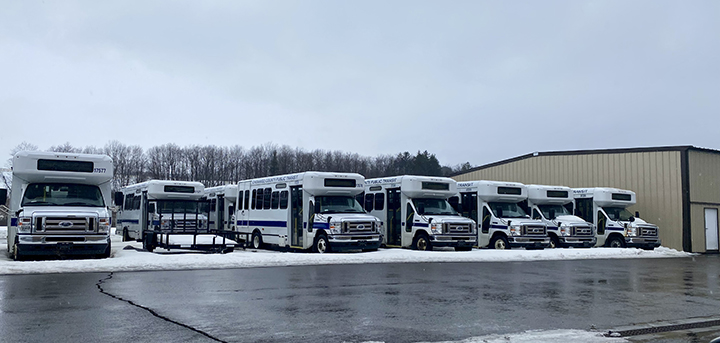

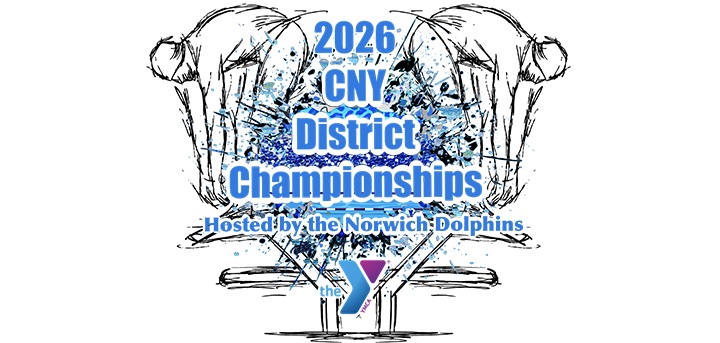
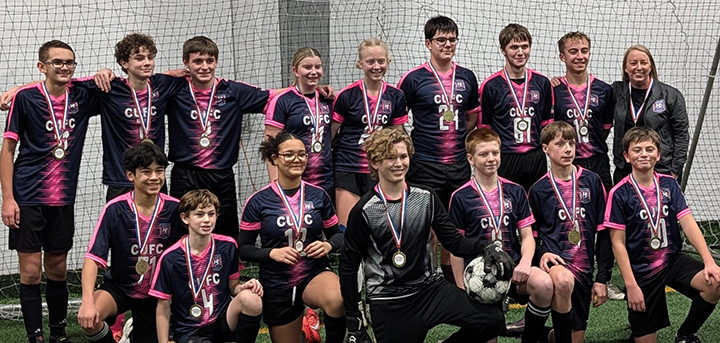
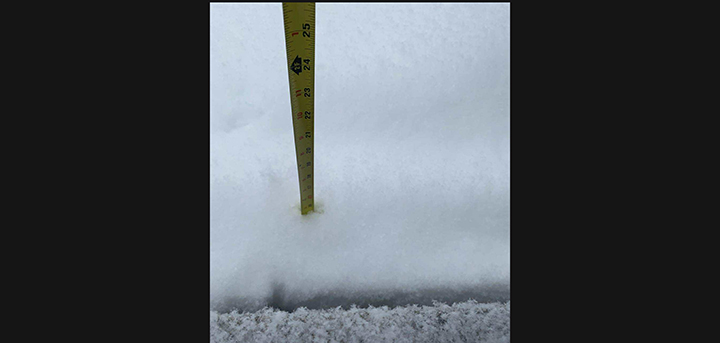
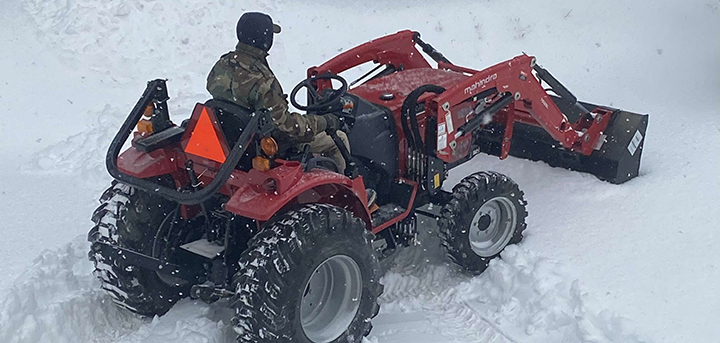
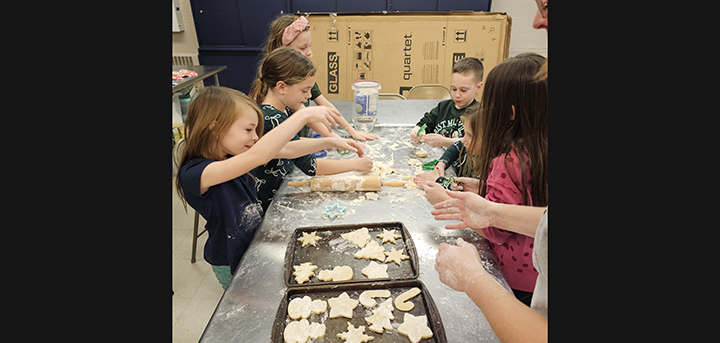

Comments